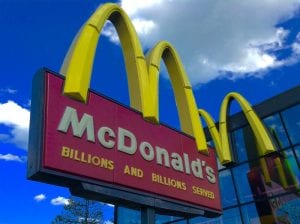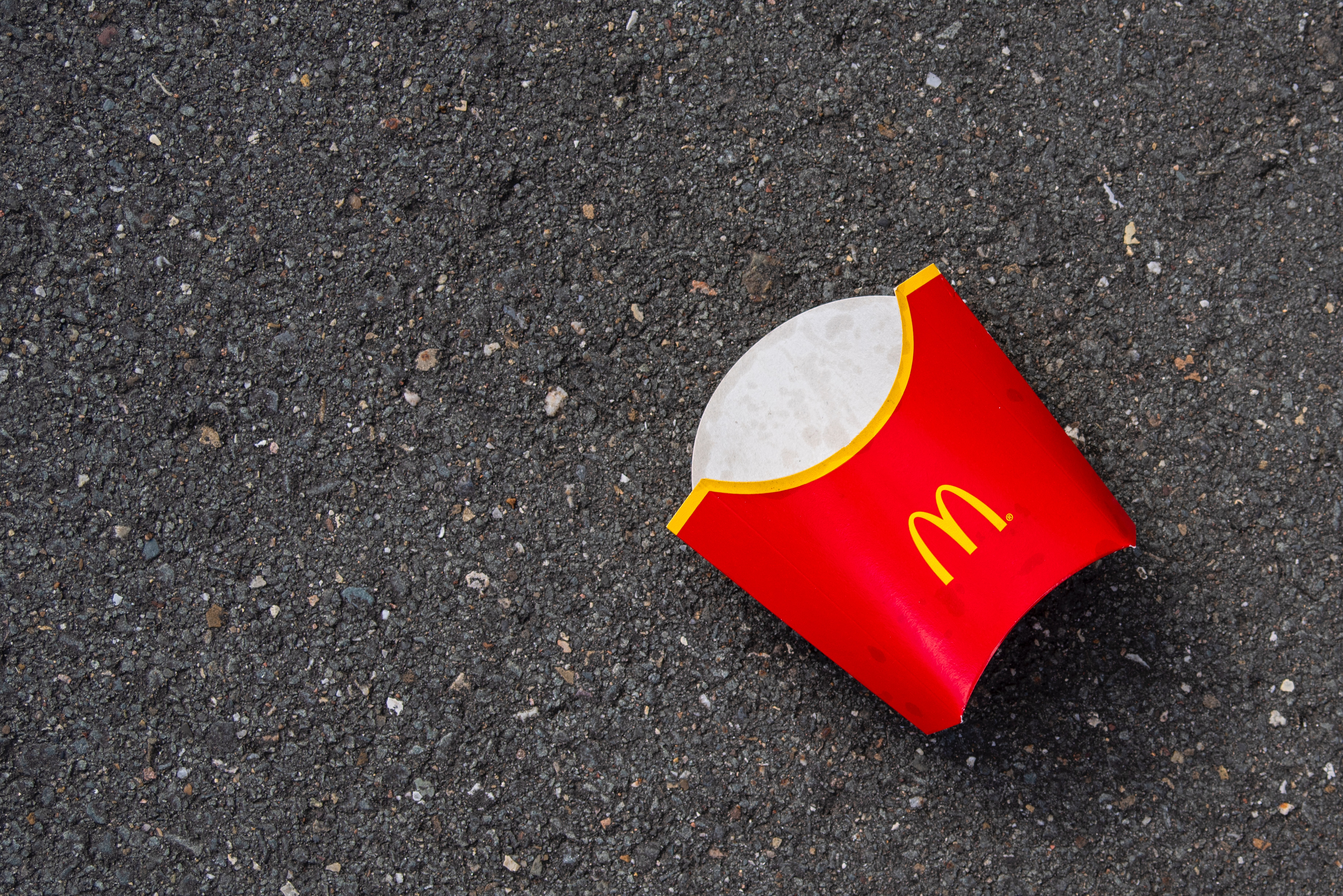“McDonald’s has a responsibility to source its products that it is going to serve other people from safe facilities,” an attorney for the class said. “In the event that they cannot guarantee that, then they have a responsibility to warn, ‘perhaps this product may be dangerous.’”
A proposed class-action lawsuit was filed against McDonald’s in the wake of a massive E. coli outbreak traced back to the restaurant chain’s Quarter Pounder hamburgers.
According to NBC News, the complaint seeks damages exceeding $5 million for customers across the country. If certified as a class action, the lawsuit would cover all consumers who fell sick after eating E. coli-contaminated McDonald’s meals.
Attorneys for the proposed class say that McDonald’s negligently failed to disclose the risk of foodborne illness associated with some of its menu items.
“McDonald’s has a responsibility to source its products that it is going to serve other people from safe facilities,” attorney Roy Willey told NBC News. “In the event that they cannot guarantee that, then they have a responsibility to warn, ‘perhaps this product may be dangerous.’”
Willey told NBC that no “reasonable consumer” would have purchased and consumed a Quarter Pounder if they knew there was a not-insignificant chance that their meal could be contaminated by a pathogen.
“McDonald’s has a responsibility to step up, reimburse people, and do better,” he said.

The company has purportedly declined media requests to comment on the complaint, which was filed earlier this week in an Illinois-based federal court. However, a McDonald’s official did emphasize that the fast-food chain is committed to regaining the trust of American consumers.
“The issue appears to be contained to a particular ingredient and geography, and we remain very confident that any contaminated product related to this outbreak has been removed from our supply chain and is out of all McDonald’s restaurants,” McDonald’s North America chief supply chain officer Cesar Pina said in a statement. “That said, health officials have noted that with increased awareness, more people will seek medical attention and case counts will grow.”
In the same statement, Pina noted that the E. coli outbreak appears to have originated at a Taylor Farms’ facility in Colorado Springs, which supplied the onion slivers used on Quarter Pounders sold at McDonald’s outlets in several different states.
“The FDA is continuing its investigation into Taylor Farms’ Colorado Springs facility,” Pina said. “As a reminder, McDonald’s removed slivered onions from this facility from our supply chain on October 22 and shared that we had decided to stop sourcing onions from Taylor Farms’ Colorado Springs facility indefinitely.”
But Willey and his clients say that McDonald’s, despite having already made changes to its supply chain, engaged in “fraudulent, unfair, deceptive, misleading, and/or unlawful conduct stemming from its omissions surrounding the risk of E. coli contamination affecting the products.”
Willey has said that he’s received many phone calls from other consumers, many of whom have expressed interest in joining the class action.
“The hope would be twofold: one, that McDonald’s does the right thing, comes forward and says, ‘Here’s what happened in full transparency, here’s the money back that you paid,’” he said. “‘And going forward, we are going to look into our suppliers more closely to ensure that they’re following food safety protocols.’”
Sources
Always Putting Food Safety First
Chicago woman joins lawsuit over deadly McDonald’s E. coli outbreak
McDonald’s faces proposed class action lawsuit over E. coli outbreak
Proposed class action lawsuit targets McDonald’s over E. coli outbreak


Join the conversation!